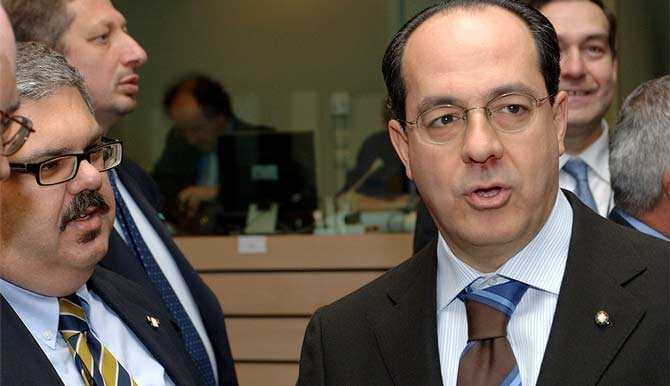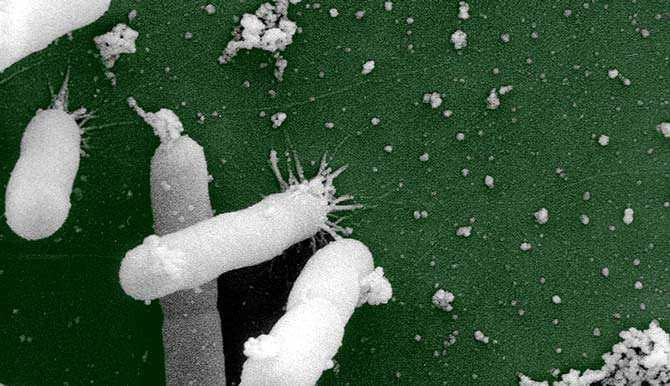
European Parliament Member Paolo De Castro
Emergency E.U. funds are said to have been promised to help limit the spread of a plant disease killing olive trees in Italy.
And the Italian government says it is setting up a task force on the outbreak, believed to be due to the bacterium Xylella fastidiosa.
According to Italian Members of the European Parliament (MEPs) Paolo De Castro (S&D) and Sergio Paolo Francesco Silvestris (PPE), about 8,000 hectares of olive groves in the Salento area of Puglia are already affected and about 600,000 olive trees will need to be destroyed.
Disease spread by insect
In a written question to the European Commission on containment measures, De Castro said the bacterium causes foliage to dry out and wood to darken, eventually killing the infected tree.
The disease was “spreading very rapidly, posing an economic and environmental threat to an entire region where olive production is the staple agricultural activity and centuries-old olive trees form an inestimably valuable part of the landscape and natural heritage.”
“The disease, which is believed to be carried by the leafhopper (Cicadellidae), has not yet been propagated further afield and still less affected olive trees in the rest of Europe, he said.
He asked what financial and other measures the Commission planned to “contain the rapid propagation of the disease.”
“Serious threat to European olive growers”
Silvestris said it was the first appearance in Europe of the plant pathogen, which experts considered “a serious threat to European olive growers, given the pace at which the disease is spreading.”
Large-scale pruning of olive trees to remove parts dried out by the disease is underway in the area between Gallipoli and Ugento in the Salento region, under the coordination of the Puglia regional authorities and producer organizations, he said.
Among other measures he called for money for an emergency program of scientific research and plant health measures, and a European crop pathogen genome database to centralize information on bacteria and parasites.

Xylella fastidiosa (Photo: University of Georgia)
As reported last week, fellow Italian MEP Raffaele Baldassarre (PPE) has also called for urgent aid.
Olive oil from Puglia still “excellent quality”
Olive Oil Times has yet to be able to confirm reports in the Italian press that European Commissioner for Health and Consumer Affairs Tonio Borg has promised emergency aid.
Italian media also said that Italy’s Agriculture Minister Nunzia De Girolamo had promised a task force on the disease which would be assisted by the arrival of two experts from the University of California.
Pierce’s disease, caused by Xylella fastidiosa, was discovered in 1892 by Californian Newton B. Pierce on grapes in California.
De Girolamo said in a press release that the disease was not affecting the olive fruit and that olive oil from Puglia continued to be of “excellent quality” and one of the healthiest foods for humans.
Panic, confusion, pessimism
The outbreak has caused some panic and confusion among olive growers as to the true causes of the disease and why it has spread fast in recent months.
It is also provoking pessimism among some producers, such as expressed by a farmer in one forum who said it sounded like “in the next five years we“ll see a collapse of the olive trees of Salento.”
Adding that though “for years many olive groves have been in a state of neglect,” it would “break my heart to know that many of the giants of Salento will disappear in the coming years…I can’t imagine my land without olive trees,” he said.








